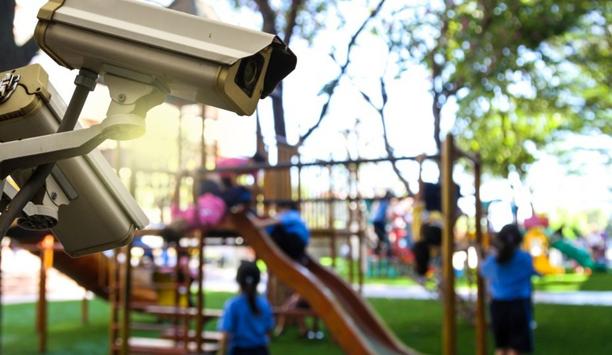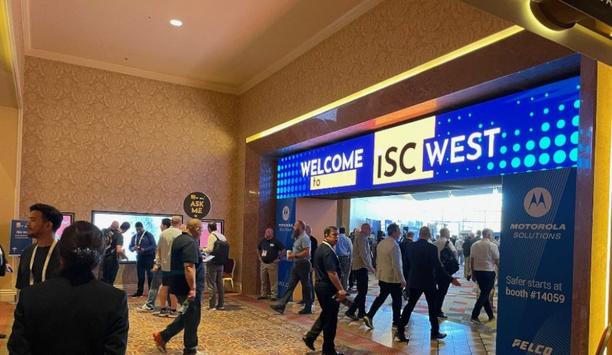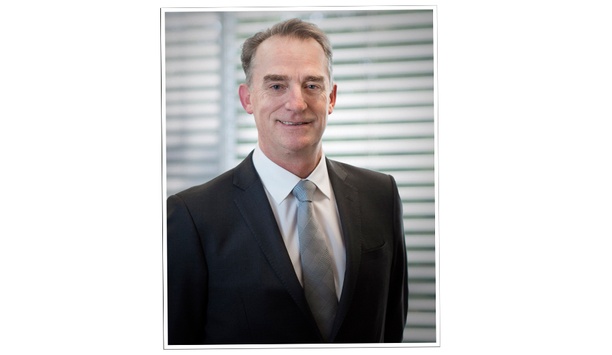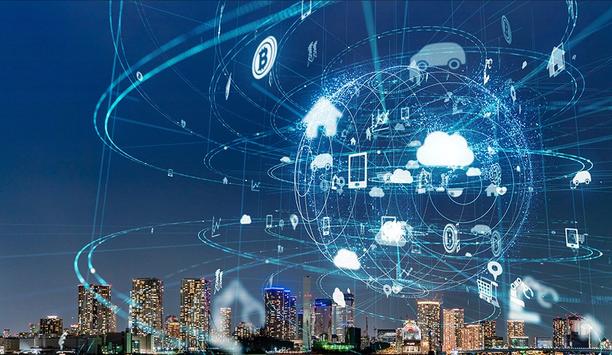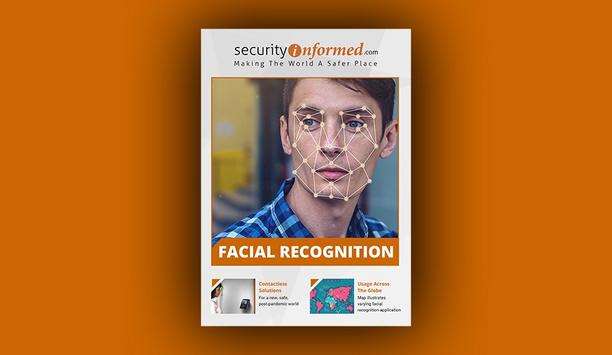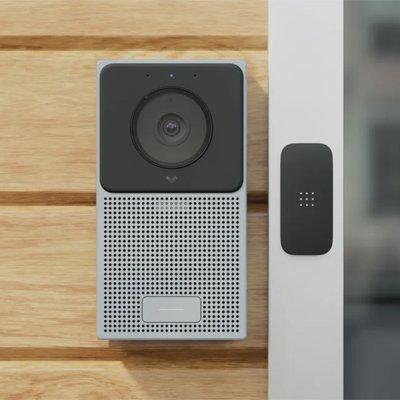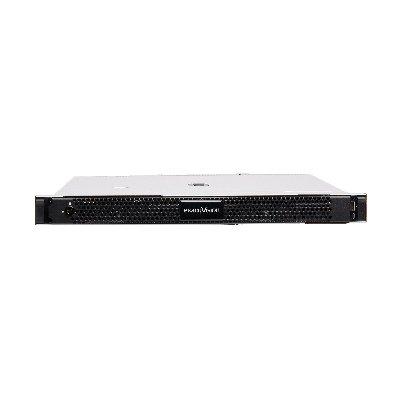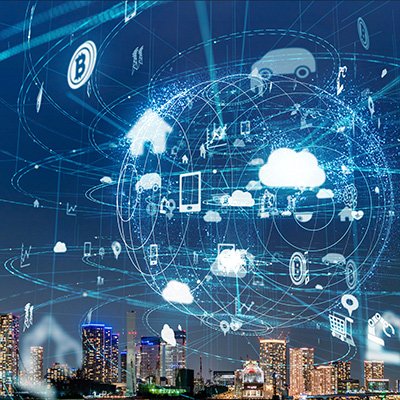How Green Is The Security Industry?
Editor Introduction
Environmentalism is a universal consideration in most business sectors in 2016. Whether seeking to provide greener products, or looking for new ways to minimize waste of manufacturing processes, most companies are involved to some degree with environmental concerns. Green has not traditionally been a big driver in the security industry, but there are indications the profile of environmentalism is increasing. We asked this week's Expert Panel: How green (environmentally friendly) is the security industry? How should the industry mean time between failure as a whole (integrators and manufacturers) work to improve the industry’s environmental record?
Being green and sustainable is a focus for many organizations globally, and when implementing a green strategy, one has to consider legislation, which varies from country to country. Additionally, when choosing new vendors, companies should evaluate them based on their carbon footprint to ensure sustainability. For example, Axis takes sustainability very seriously and has manufactured some of their products PVC-free. Additionally, Axis’ Optimized IR technology uses fewer IR LEDs than other manufacturers. More LEDs create larger heat profiles near the image sensor, thus increasing bandwidth and energy consumption. Lastly, I’d encourage reading our sustainability report to see what Axis is doing to be sustainable and environmentally conscious. (Also read Axis’ White Paper on “Network Surveillance and Energy Reduction.”)
Not at all green, I would say. The industry needs to do better. The industry needs to pay more attention to the details of products, such as from what materials the components are made. It will be no surprise that there is ample room for improvement, as there are very few manufacturers who take this seriously. Surprisingly few manufacturers focus on the power required by their products and systems, and, consequently, there are equally few lifecycle assessments made! The same thing goes for the use of recycled materials in products. I really would like to see the Corporate Social Responsibility reports of manufacturers reviewed by specifiers and procurement/end user organizations.
There are many elements that go into making an industry or a company "green." A major element of being green is environmental and social responsibility in the production, packaging, shipping and use of products. In the security industry, a lot of products are made in lower-wage countries with very little oversight of the labor and environmental conditions of production. The industry also doesn’t get very high marks for green packaging; while there are some companies that are starting to give some thought to this, we often find that packaging material is not recycled and, even worse, companies may bundle accessories (e.g. power supplies) that the customer may not even need. The shipping of products is another area of concern – products may go from a contract manufacturer to a company to a distributor to an integrator and finally to the end customer – leading to significant resource use in shipping.
One way the industry can work together to improve its environmental record would be to provide reliable products with a long life expectancy. For example, we are proud that Siklu’s products have an MTBF (mean time between failure) of more than 80 years. Also, the market should invest in low power consumption products. Most IP devices are now PoE-powered, and some new devices like Siklu radios will power other devices like cameras directly, making installation simpler and using less power.
Innovation and versatility usually confer a commercial advantage and are indisputably green. A notable example is access control doubling up for time and attendance with less equipment and fewer peripherals making for greener solutions. Camera lighting (both IR and white) is another case in point. I live near a harbor and have noticed that the port authority is now able to focus illumination on areas of potential vulnerability rather than flood a large expanse. This is a winning strategy for everybody. Reduced power consumption is not only green but financially beneficial while the rare plants on an adjacent vegetated shingle beach have a healthier habitat free from indiscriminate lighting. As for integrators, carbon-friendly practice has just about become the accepted working style and anything else would be as outdated as taking a tea break every ten minutes or wolf-whistling at women who walk past the site.
Editor Summary
As a wave of green awareness and innovation engulfs society and the business community, it's not a surprise that the security market is being called on to do its part. As our Panelists note, there is progress but still more to do to minimize our market's "carbon footprint."
- Related companies
- Axis Communications
- ONVIF
- Oncam
- Siklu Communication Ltd
- View all news from
- Axis Communications
- ONVIF
- Oncam
- Siklu Communication Ltd
Expert commentary
Security beat
Security bytes
- Getting To Know Dan Grimm, VP And General Manager Of Computer Vision At RealNetworks
- Big Wins And The Importance Of Showing Up: Insights From SecurityInformed.com Editor Larry Anderson
- Setting Goals, Business Travels And Radioactivity: Success Secrets From Tiandy's John Van Den Elzen
- Getting To Know Jeff Burgess, President/CEO At BCDVideo
Multi-Residential Access Management And Security
DownloadGuide For HAAS: New Choice Of SMB Security System
DownloadPrecision And Intelligence: LiDAR's Role In Modern Security Ecosystems
DownloadHikvision: Solar Powered Product Introduction + HCP
DownloadFacial Recognition
DownloadVerkada TD52 Cloud-Based Video Intercom
exacqVision IP08-64T-R1XW-E X-Series 1U Rdnt IP NVR 64TB RAID5 Windows OS with 8 IP Ent Lic
Climax Technology TouchPanel-3 7” Color Graphic Touchscreen Panel






